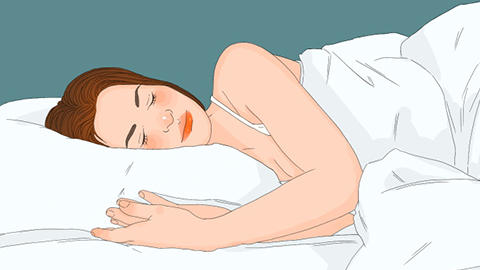Does iron deficiency anemia affect sleep?
In general, whether iron deficiency anemia affects sleep depends on the severity of the condition. Mild iron deficiency anemia usually does not affect sleep, whereas moderate to severe cases may impair sleep and lead to reduced sleep quality. The detailed analysis is as follows:

If the iron deficiency anemia is mild, patients may only experience slight fatigue and mild paleness without significant impact on organ function. In such cases, sleep is typically unaffected, with normal sleep onset, adequate sleep duration, and good mental status upon waking.
When iron deficiency anemia progresses to moderate or severe stages, patients may develop symptoms such as palpitations, chest tightness, dizziness, frequent awakening at night, and vivid dreams. These discomforts can directly impair sleep quality. Additionally, iron deficiency may affect nervous system function, causing abnormal neuronal excitability, making it difficult for patients to enter deep sleep or leading to frequent nighttime awakenings. Over time, this may also result in daytime fatigue and lethargy.
In daily care, patients with iron deficiency anemia should increase their intake of iron-rich foods such as lean meat, animal liver, and spinach. Consuming foods rich in vitamin C alongside these can enhance iron absorption. Engaging in moderate physical activities like walking can improve circulation, help enhance sleep quality, and support recovery from anemia.




